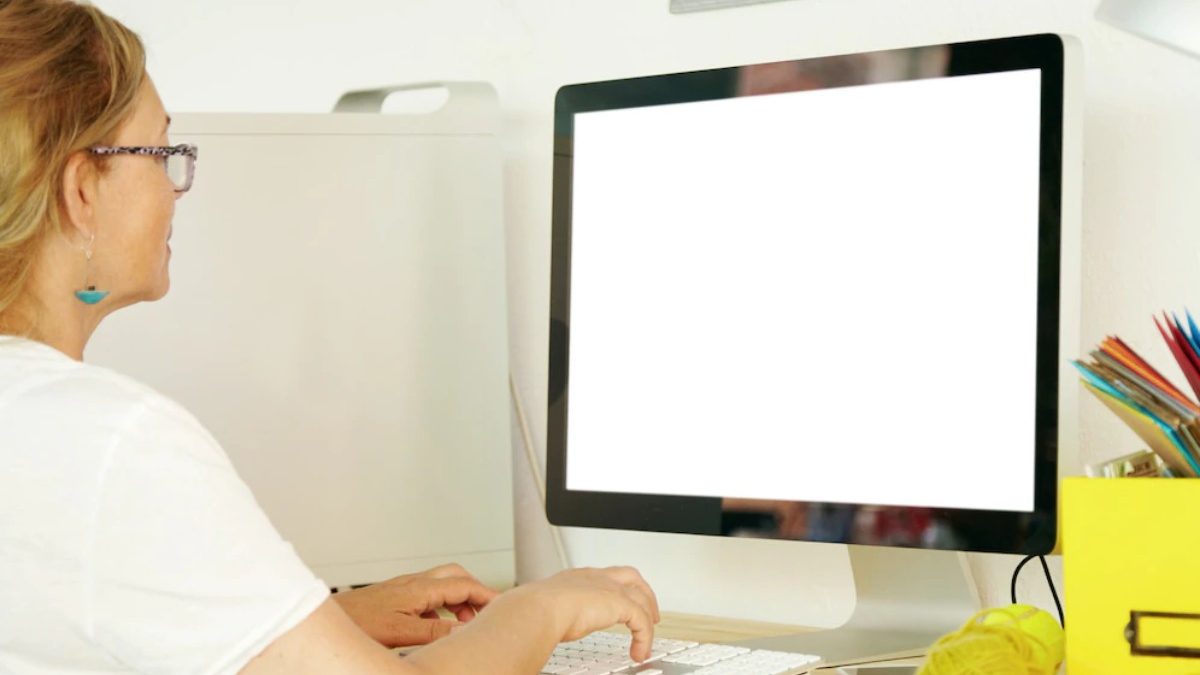Have you recently purchased a new PC, or planning to in the near future? If the new machine will be replacing an old model, what are you planning on doing with it? Many people simply throw the PC in the trash when it is of no further use to them. Not only is this incredibly wasteful and unethical, it would also be a poor economic decision to waste all that hardware.
If you asked any IT support provider, or any business at all, they would tell you that discarding an old computer is not a smart choice – you could be losing money if you don’t make sure to take the right measures. Below are the essential steps you must take when getting rid of an old PC, or else you might regret it!
Table of Contents
Backup Data
The first and most important thing you must do when you have decided to get rid of a PC is to make sure all of your data has been backed up. If it is a work PC, you may have important projects or old records you need to preserve. Whereas if it is a personal PC, you might risk losing valuable memories (such as videos and photos), or perhaps digital music, film, or book collections.
These days, you can purchase large-capacity external storage devices, such as hard drives, which can be used to back up a PC so that you do not lose anything you might miss when you dispose of an old computer.
Retrieve Serial Numbers & Registration Keys
Have you ever purchased software on the computer you are getting rid of? Make sure not to overlook this, because some software can only be associated with one machine, and requires a registration key to be transferred. What is more, your purchase may also have a serial number that identifies it; and without that, you may never be able to retrieve your purchase.
Make a list of every piece of software you own, and take the time to record the serial numbers and registration keys of them all, so that you can transfer them to your new PC.
Wipe the Hard Drive
Once all of your files and software have been backed up properly, you are finally ready to start the process of getting rid of the computer. This starts with wiping the hard drive of all personal data. The last thing you want is someone to find your discarded PC and retrieve all of your personal information from the hard drive.
This is why it is important to perform a full factory reset of the PC, at the very least – this will hide the data on the hard drive from the CPU, meaning the next person to use the PC will find no data on the drive. Technology the personal data on the hard drive could still be recovered with specialist software, but if you are passing the PC onto another user, it is unlikely they will do this, and will simply overwrite the hard drive with their own data.
If you are particularly worried about your personal data being found, there are some more options for you. Firstly, you could use a Disk Wiping software, which can purportedly wipe hard drives more effectively than when you restore to factory settings – this type of software works by overwriting your hard drive with random data, making it impossible to retrieve with commercial tools.
Furthermore, the most security conscious users opt to physically destroy the hard drive – the most surefire approach is to smash the disk into pieces.
Reserve Useful Components
There may be many components of your old PC that are still completely usable, and which someone else might find very useful. If you are simply discarding your PC, it may be worth dismantling and reserving components to sell or give away to other PC users. Valuable components might include:
- Hard Drive – the primary storage of your PC. Ensure it is properly wiped.
- RAM – Random access memory; this governs the speed of your PC.
- CPU – essentially the brain of your PC – if you have a high-end PC, this may be valuable to some.
- Graphics Card – essential for gaming – if yours is high-end it may fetch a decent price.
- Power Supply Unit – assuming your PC is not too old, this component may be useful to others.
Though the amount of money you can make from PC parts may not be huge, it is still a good way of getting a final return on investment from your old machine.

